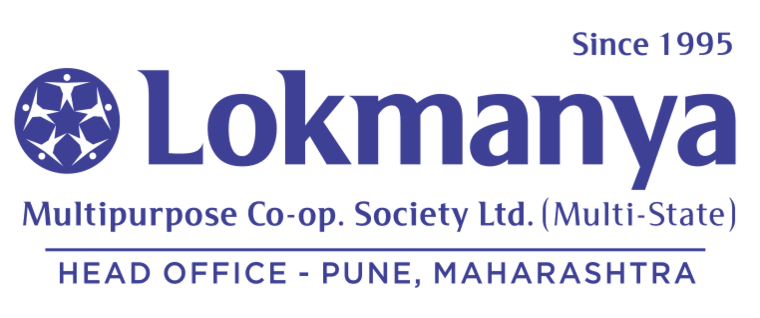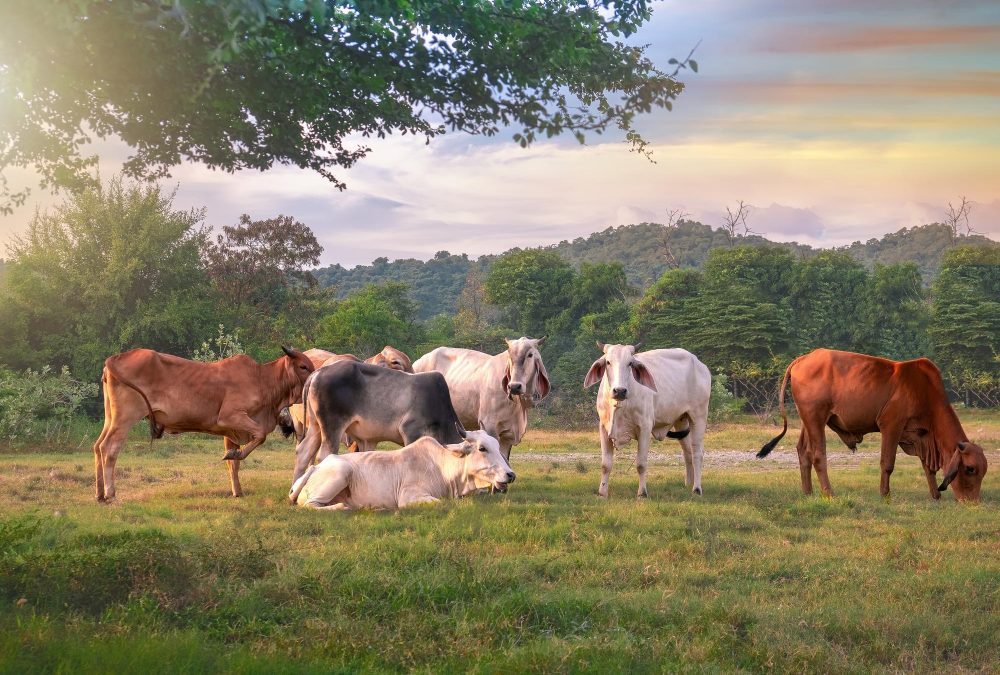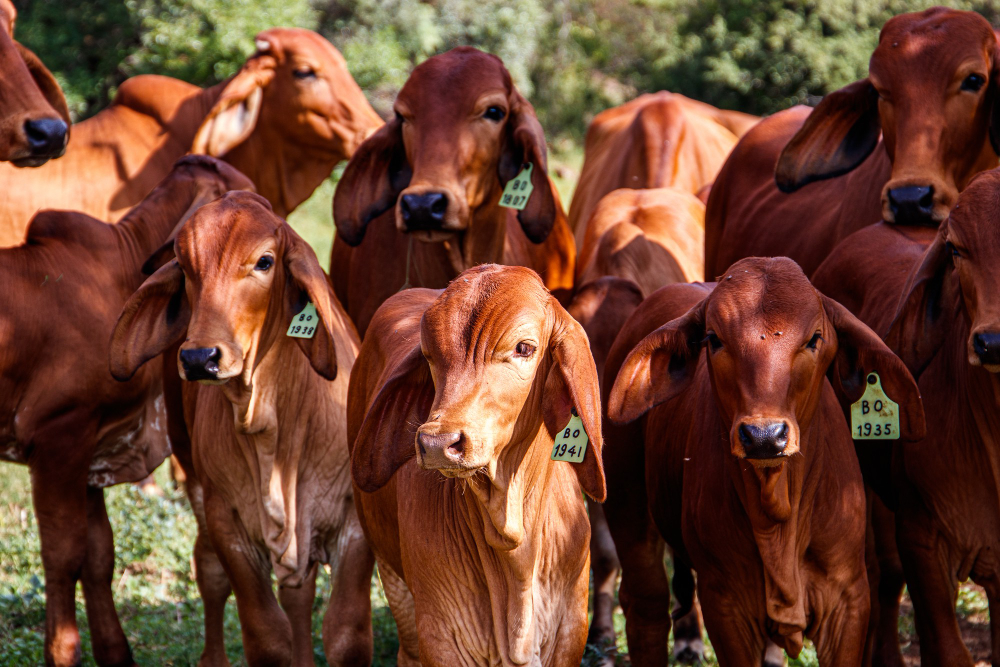Cattle insurance provides financial protection to farmers against the loss of their livestock due to death or permanent disability, helping them mitigate the financial impact of such events.
Here’s a more detailed explanation:
What it covers:
- Death: Cattle insurance policies typically cover the death of insured animals due to various causes, including accidents, diseases, and natural calamities.
- Permanent Total Disability (PTD): Some policies also offer coverage for permanent total disability, which can include the inability of a milch cow to produce milk or a bull to breed.
- Specific Events: Coverage may extend to accidents like fire, road accidents, drowning, electrocution, snake bites, poisoning, and even events like riots and strikes.
- Diseases: Coverage may extend to diseases contracted or occurring during the policy period
Who can get it?
- Farmers: Cattle insurance is designed to protect farmers, especially those in rural areas, from financial loss due to the death of their livestock.
- Cattle Owners: Individuals, cooperative societies, dairy farms, and other entities that own cattle can benefit from this type of insurance.
Types of Animals:
The policy covers various types of cattle, including milch cows, buffaloes, calves/heifers, stud bulls, and bullocks.
Benefits:
- Financial Security: Cattle insurance provides a safety net for farmers, helping them recover from the financial impact of losing their livestock.
- Reduced Debt: It can prevent farmers from falling into debt cycles due to unexpected losses.
- Promotion of Livestock: By providing financial protection, cattle insurance can encourage farmers to invest in better livestock and improve their overall agricultural practices.


